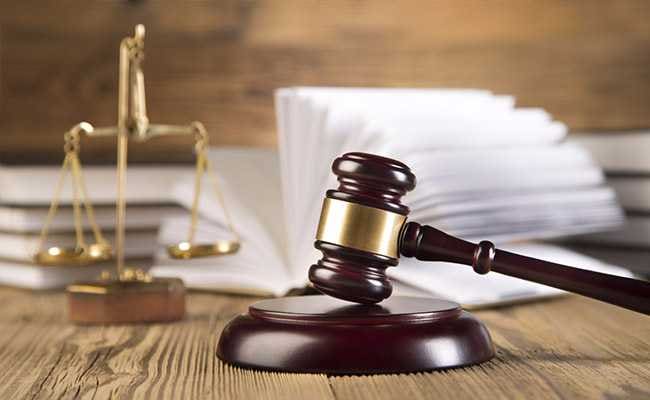
In a ruling, the Kerala High Court has issued guidelines to be adhered to in cases where persons accused of offences plead guilty and such directions include, explanation of the charge by the trial court and also that the 'guilty plea' should be voluntary and unambiguous.
Mere lip service or a monosyllabic 'yes', in reply to a pointed question by the court, cannot, under any circumstance, be equated with, or accepted as pleading of guilt by the accused, the court held.
Setting aside the conviction of a man by a lower court (for obstructing a procession and assaulting certain volunteers) based on him "pleading guilty," a single bench of the court laid down the norms.
Justice VG Arun in the guidelines said the magistrate should frame the charge, specifying the offences alleged against the accused.
The charge should be read over and explained to the accused and asked whether he or she pleads guilty to the offence with which she or he is charged.
The accused should plead guilty after understanding the seriousness of the allegations and the implications of pleading guilty, the court said.
The plea should be voluntary and expressed in clear and unambiguous terms and the magistrate should record the accused's plea of guilty in the words of the accused to the extent possible.
"The magistrate, after considering all relevant factors, should exercise his discretion and decide whether to accept the plea of guilty or not. If the plea is accepted, the accused can be convicted and suitable punishment imposed", it said in the order delivered on Tuesday.
The petitioner, Raseen Babu KM challenged his conviction contending that the procedure adopted by the judicial magistrate was patently illegal.
Setting aside Raseen Babu's conviction, the High Court said "...the petitioner having pleaded not guilty at the first instance, recording of the monosyllabic answer 'yes' in the questionnaire prepared at the stage of framing charge, cannot, under any circumstance, be termed as pleading of guilt by the petitioner..."
(Except for the headline, this story has not been edited by NDTV staff and is published from a syndicated feed.)
Track Latest News Live on NDTV.com and get news updates from India and around the world

